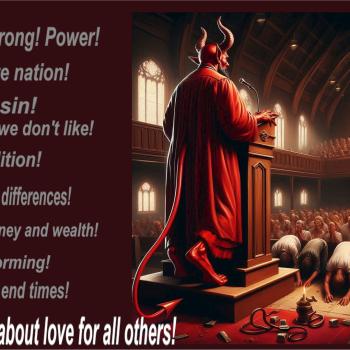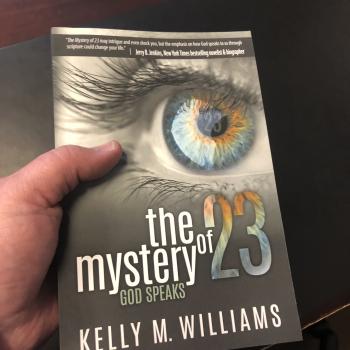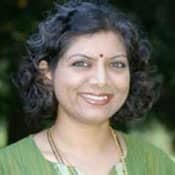Super Bowl Sunday looms large every year. There is, of course, the game itself—remember Super Bowl XL when the Bus stopped in Detroit, and running back Jerome Bettis won in his hometown? There are the commercials—one of 2011's most popular was Chrysler's Imported from Detroit. There is the halftime show—many of us have forgettable memories of Janet Jackson's wardrobe mishap. And let's not forget the parties, which my family has mostly managed to avoid since going to bed late before a school day is not a great idea. But this year, Super Bowl holds another memory for me—of an interfaith partnership with women from the Jewish community to make our world a better place.
It was on Super Bowl Sunday in 2011 that I participated in a collaborative service project organized by the National Council of Jewish Women and the women's interfaith organization WISDOM, filling backpacks with school supplies for over 200 homeless children in Oakland County. When the Detroit NCJW affiliate and WISDOM Board shared our respective purposes and missions, I learned that: "Inspired by Jewish values, NCJW strives for social justice by improving the quality of life for women, children, and families and by safeguarding individual rights and freedoms." Like the Hindu American Foundation, NCJW also goes to DC to educate and seek support, meeting policy makers to hopefully have an effect on laws impacting society—especially women and children. They also advocate on when it is important not to advocate—and wrote a letter to the president and CEO of the CBS Corporation, criticizing his company's decision to air an anti-abortion ad during the 2011 Super Bowl for Focus on the Family. Airing the ad was inconsistent with the CBS policy to reject advocacy ads and presented only one viewpoint.
While I appreciated the views of the over ninety thousand members of NCJW on issues related to women's reproductive health, be it abortion or funding for contraception, an article from Hindu American Foundation Board member and physician Aseem Shukla is very much aligned with my understanding as a Hindu: "It is not that Hinduism is ambiguous in its abhorrence of abortion, but it is always put forth as a matter of choice." But it is a Christian whose call to action I echo: Susan Brooks Thistlethwaite said, "The attack on contraception coming from the right today is aimed at the most vulnerable women and girls in our society. . . . All women and men of conscience should reject these politically motivated decisions that push us as a society ever further toward an unacceptable neglect of the health of women and girls and toward political control of our most private lives and decisions."
This Super Bowl season, I was glad to see that NCJW, along with many other individuals and organizations, spoke out on the Komen Foundation's now-reversed decision to cut funding for Planned Parenthood. But another Patheos columnist had a very different take on the Komen Foundation decision. She found fault with Komen, called Planned Parenthood a bully, accused others of stupidity—and made me wonder who is the bullied and who is the bully. All our religions have unique teachings and a multitude of interpretations, but we share a common thread: we are taught to be charitable and compassionate toward those who are less fortunate than us.
One particular story comes from the Hindu scripture, the Brihadaranyaka Upanishad, and provides instructions: self-restraint, charity, and mercy (damyata, datta, dayadhvam, respectively) are the three great virtues everyone has to acquire. The people who are served by Planned Parenthood are not the ones with Super PACs helping them, and yet funding to help these marginalized women and girls is critical to ensure their wellbeing. As Rev. Thistlethwaite quoted from a study, "Government funding allows Planned Parenthood to provide marginalized communities with family planning services, screening for sexually transmitted infections and reproductive cancers, prenatal care, and basic well-woman care. These services account for 97 percent of the care they provide." Those in positions of comfort and power can easily lose sight of the needs of the least among us.
Perhaps partnerships can provide the solution. WISDOM Board members recently agreed to endorse an event that includes the screening of Miss Representation, a documentary that explores the media's misrepresentations of women. WISDOM is once again partnering with a Jewish group, to support something that will empower women and hopefully strengthen the voices who speak for women in need. The need for compassion, juxtaposed with the challenge of religious liberty—that the religious views of one group are not imposed on another—that is the challenge of our times.
2/9/2012 5:00:00 AM





